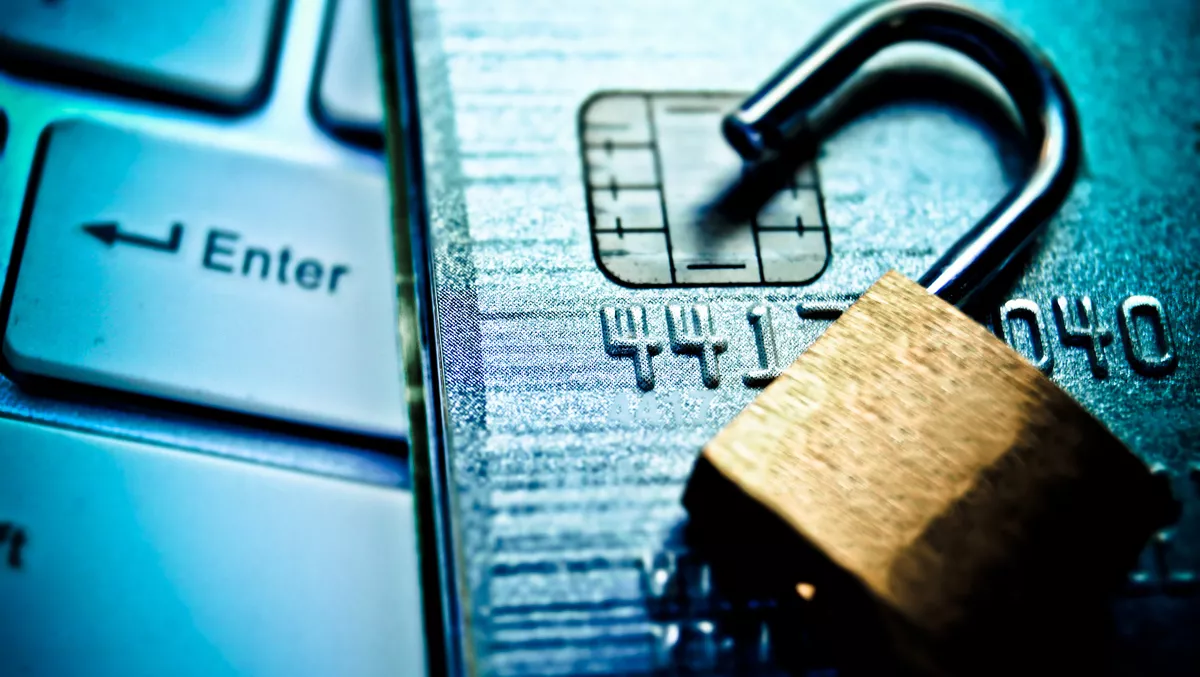
Experts weigh in on how to protect yourself against banking scammers
Just recently, news broke over 470 people losing $8.5 million in an SMS phishing scam. In another high profile case, scammers impersonating as officers of the Singapore Police Force attempted to scam victims of their personal details.
"Every victim of a scam is one too many. As more people bank over the internet, more people become targets of online banking scams, thus, securing your online banking and being vigilant have never been more crucial."
That's according to Julia Chin, head of compliance, and Chiah Tian Ming, fraud analyst, at Singapore-based Hugo.
"Online security threats can come from anyone and anywhere in the world, and overseas cybercriminals can be impossible to catch or prosecute by authorities.
"Financial wellness is more than spending wisely and having healthy savings levels - it is also about keeping our money safe and not losing it to bad guys."
Below are some ways people can make sure they keep their banking and personal details safe:
Don't publish or give away sensitive banknng details
This includes your account numbers (only give it when necessary), usernames, PIN, passwords and CVV number. While bad actors cannot access your account with account numbers alone, partial information can be pieced together.
Use sophisticated and unique passwords
If your password is something like 123456, which is the world's most popular password, please change it. Use passwords that look like they are written by aliens or Einstein himself. There are a number of password management software that you may want to use to store them safely.
Try not to share too much personal information online.
Including on social media. Refrain from making public your date of birth, first kiss, mother's maiden name, pet fish during your teens, the school you went to etc. Bad guys can use it to reset passwords or bypass verification measures.
Don't fall for social engineering schemes
Social engineering schemes are meant to trick you into making security mistakes or giving away sensitive information. They include phishing emails, smishing (phishing via SMS), scam calls and scareware. Banks and other financial institutions WILL NOT ask for your login details. Always go through authorised channels e.g. app, customer service hotline or even visit the bank branch. Scam SMSes can be made to appear in the same thread as legitimate SMSes from your bank. Scammers can set their sender ID the same as your banks and your phone will group both in the same thread. If you receive SMSes and/or emails, especially out of the blue, that contain links and or requests for your banking details, DO NOT comply. It's best to call your bank to verify.
Pay close attention to the URL
Check if the website URL is correct. By correct, we mean 100% match; anything short of identical is a no-go. Look out for phishing URLs that are made to look very much like the real ones. Apparently, even something that looks as legitimate as Google Ads can be used by scammers to cheat unsuspecting victims of their money. So checking URL accuracy and certification is a best practice we should all have.
Be familiar with your bank's security measures
Banks regularly send security updates and advisories. If you feel that the login and authentication process is different than before, double-check with your bank before you proceed.
Check for SSL certification on websites
Ensure the website has a valid Secure Sockets Layer (SSL) certificate. It is a digital certificate that authenticates a websites identity and enables an encrypted connection between a web server and a web browser. The certificate should be issued by a reputable provider and not expired.
Use the latest versions of web browsers
Browsers are regularly updated with the latest security features such as anti-phishing and forged website identification in place to protect your data. If such features are available, its best to turn them on.
Clean your devices regularly
Conduct security scans often to ensure your device is not infected by malware. Malware can do many things including redirecting you to a fraudulent website even if you have keyed in the correct URL, or keylogging your username and passwords and sending that back to the scammer.
Keep your firewall and antivirus up to date
Steer clear from shady sites too. Bad sites can download and install malware or spyware like those mentioned right above without you knowing. High-quality and updated firewalls/antivirus prevent your device from being infected.
Use 2-factor authentication
2FA is one of the most essential security steps in the digital age. It adds an extra security layer. Even if scammers, especially abroad, have your username, passcode and other personal details, they cant receive the 2FA code/approval request sent to your phone.
Never do online banking on public or shared computers
From forgetting to log out of your internet banking to keyloggers stealing your information, doing online banking on public/shared computers is never a good idea.
Log out and clear your browser cache when you're done
Most banking apps and websites do not allow login details to be stored on your device or you to stay logged in, but its best to make logging out/terminating the app and clearing cache a habitual practice. And no, don't count on private browsers.
Check your account transactions regularly
You can now check your statements ANYTIME online or through your banking app. Its the internet age now, yo! You can also modify your alert settings such that you will receive notifications whenever you transact. Check with your bank on how you can do that.
"Cybercriminals are not bumbling idiots, and scammers are a persistent and hardworking bunch," says Chin and Tian Ming.
"While we've heard many funny stories of failed schemes, there are also tragic anecdotes of people losing their fortunes. Countering scams requires everyone to stay up-to-date, cooperate, and follow the best practices stated above."


